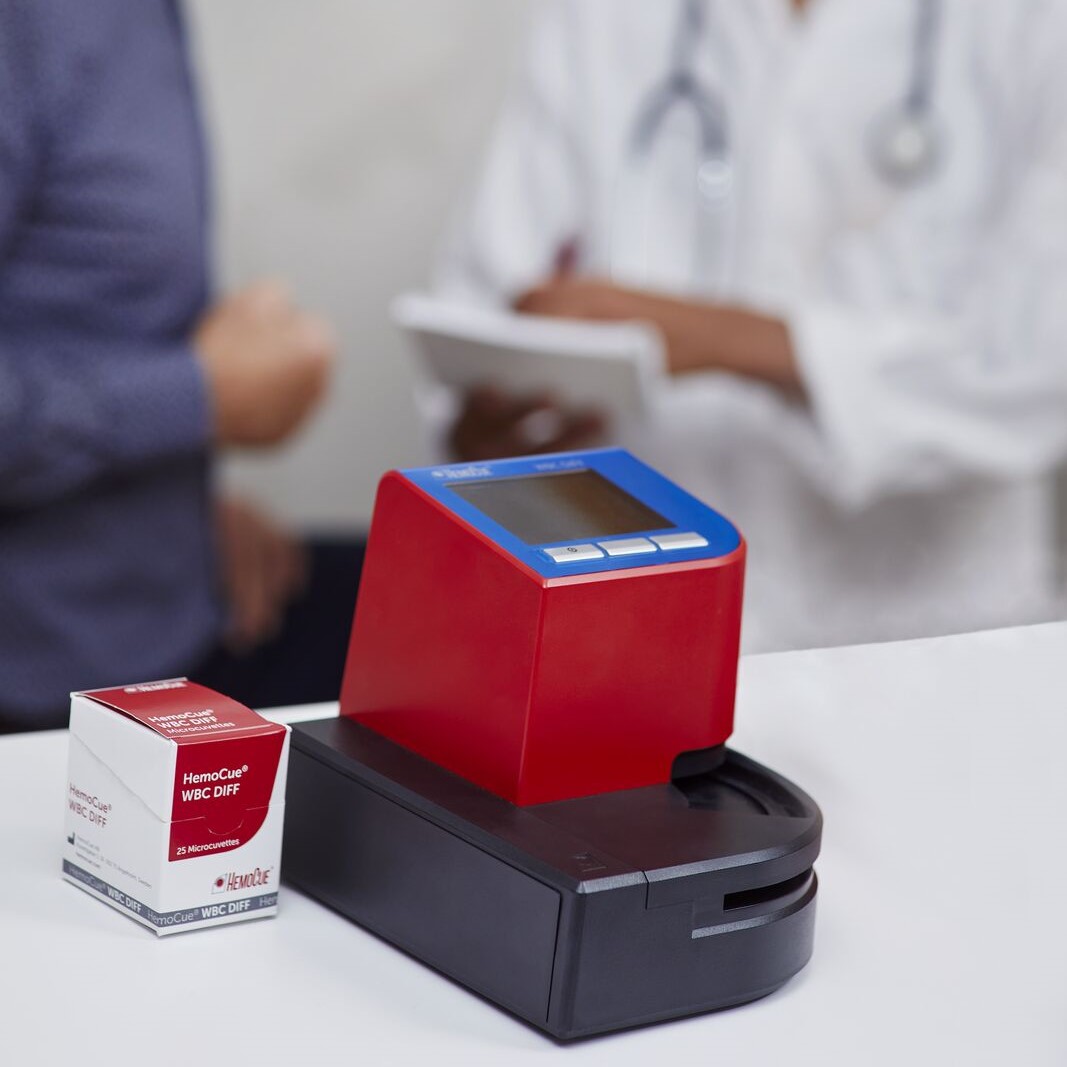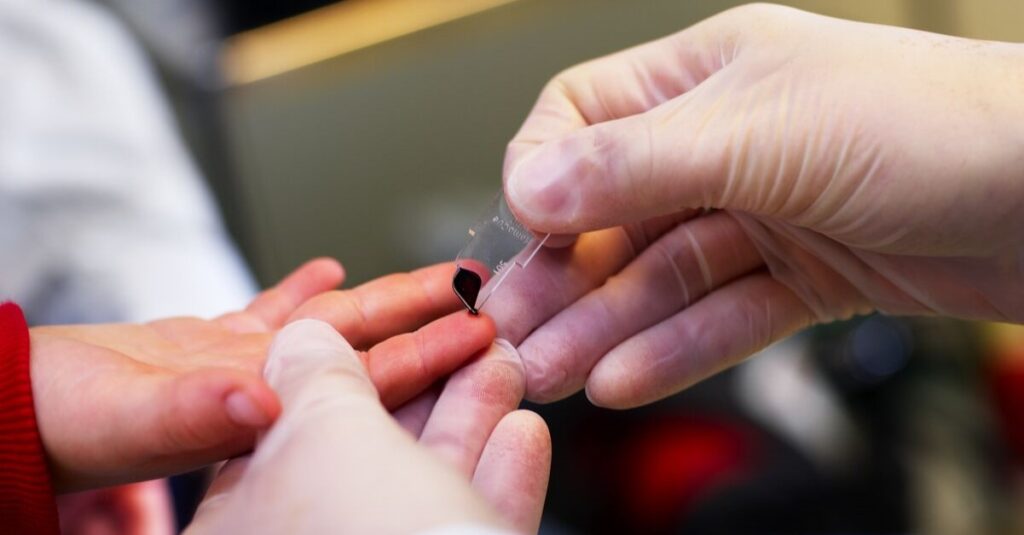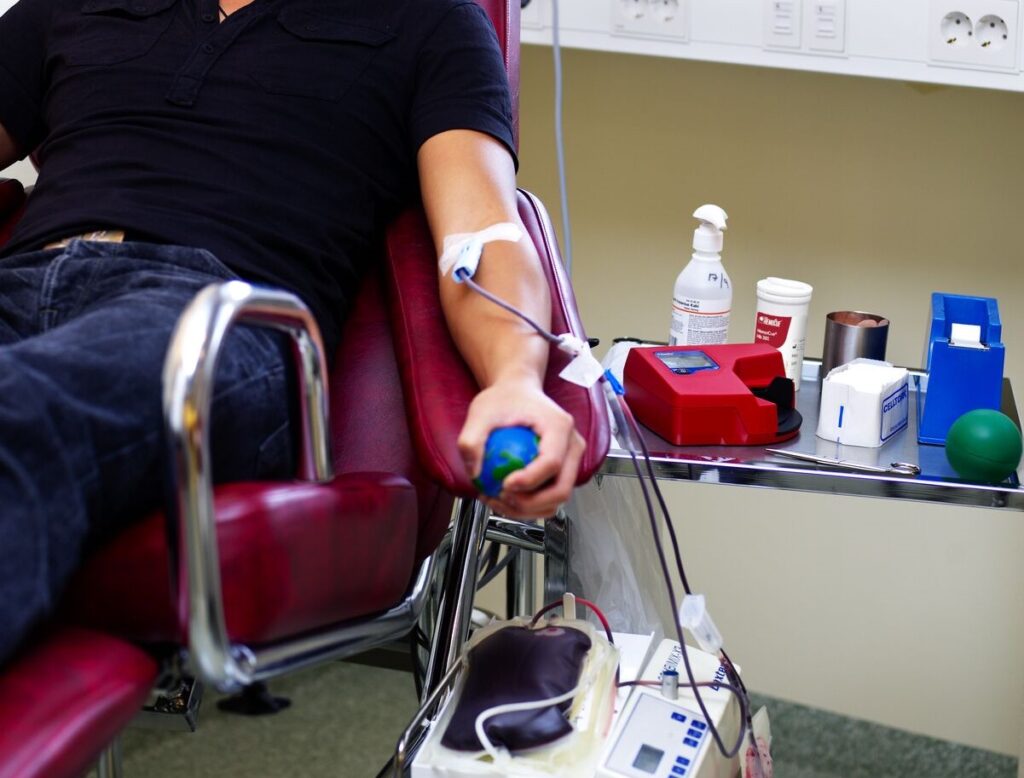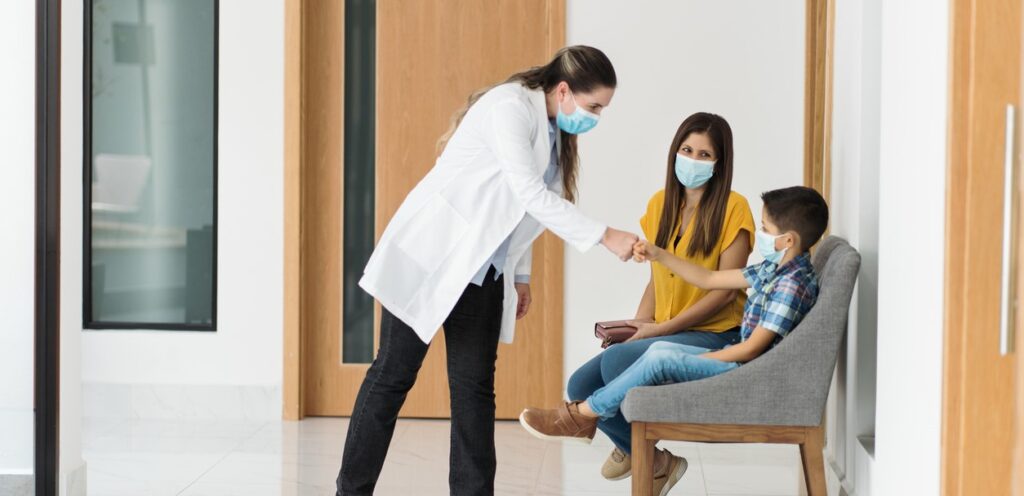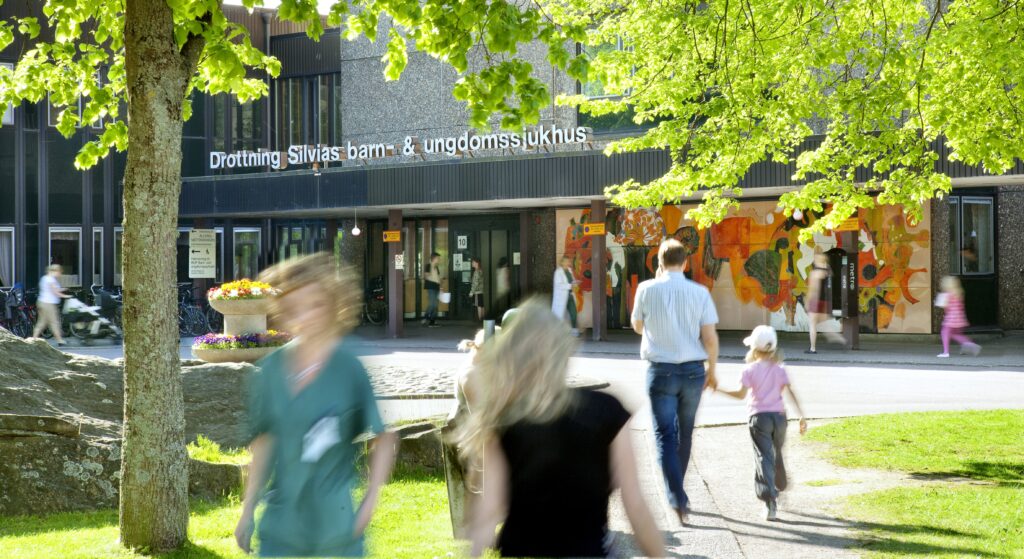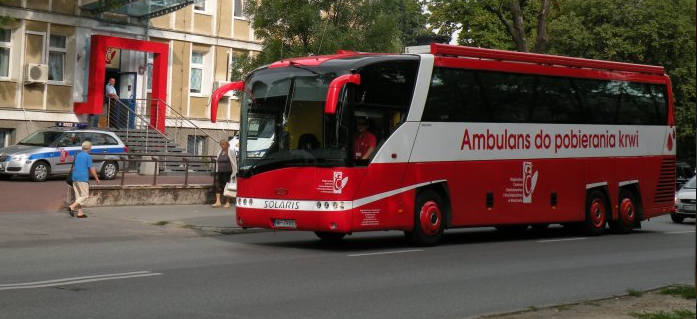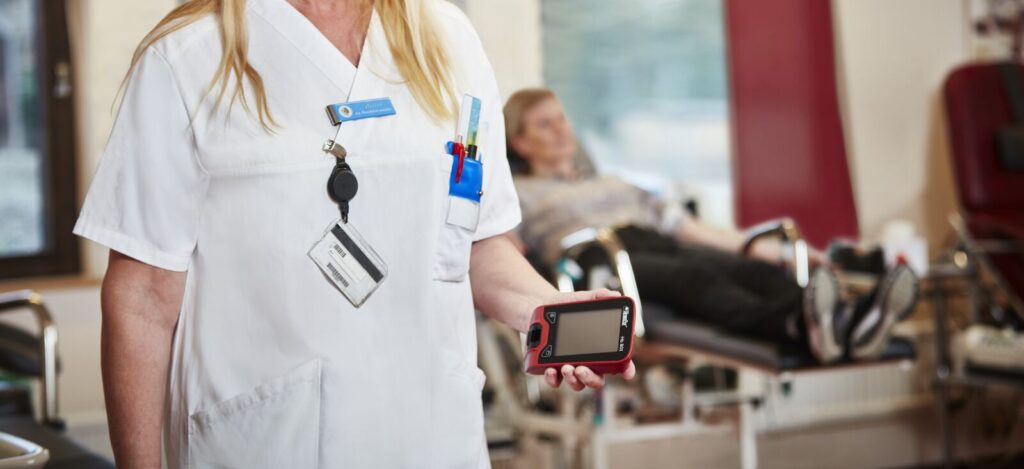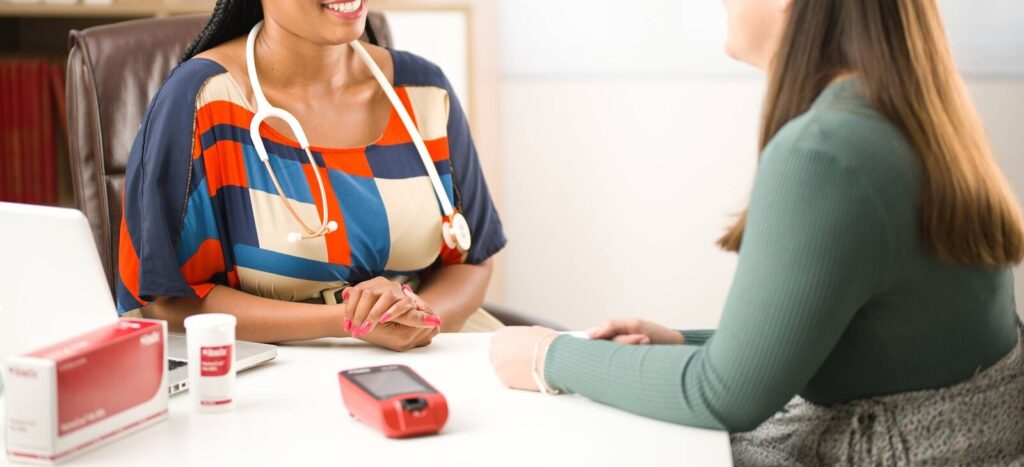The Aarhus emergency medical team consists of 18 specially-trained nurses who, in agreement with healthcare professionals from Aarhus University Hospital, Home Health Care Services and general practitioners, can step in during acute situations at patients’ residences. Within just a few hours, the emergency team can initiate care, observe, and start treatment – 24 hours a day.
Aarhus Emergency Department
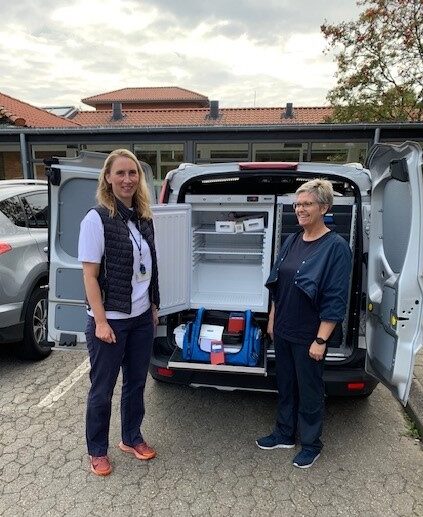
The emergency medical team has been around since December 2013 and has been using HemoCue® WBC DIFF from the beginning. When building the team, they received input from the emergency medical team in Viborg, which has existed since 2011 and has always used WBC DIFF to take leukocyte differential measurements.
In Viborg, the nurses talked about the benefits of using leukocyte differentials in combination with C-reactive protein (CRP) measurements in mobile acute nursing. This led the Aarhus team to equip all six of their vehicles with a HemoCue® WBC DIFF instrument and a HemoCue Hb instrument. In addition, they measure CRP and glucose. The emergency team has been delegated medical authority, which allows them to measure infection numbers in blood samples. This means that the teams can take CRP and leukocyte differentials as well as Hb and glucose measurements without the patient receiving prior medical consultation.
The emergency team always measures leukocyte differentials together with CRP to be able to distinguish between bacterial and viral infections. So, for the emergency nurses, infection count = leukocyte differential + CRP.
Pia B. Bertram
Acute Nurse
“The two analyses belong together – we could not do without leukocyte differential counts. We use the system several times every day. A leukocyte differential count is especially important to determine suspected acute or subacute infections in which CRP has not yet increased significantly.”
Many of the senior citizens they visit have high leukocyte differential counts, but often normal or only slightly elevated CRP values. The infections they most often see are cystitis and pneumonia.
“For patients with chronic obstructive pulmonary disease (COPD), a leukocyte differential count allows us to quickly understand the nature of the infection and start treatment quickly, which helps prevent the condition from worsening and possibly sepsis. We have several elderly patients who we frequently visit and who we know from experience quickly develop sepsis if they do not get treatment quickly. When we see increased leukocyte and neutrophil counts, we quickly contact the geriatric department, which will often ask us to start IV antibiotic treatment.”
A pulmonary nurse from Aarhus University Hospital is attached to the emergency team. For her, it is valuable to be informed about the eosinophilic leukocyte results. The emergency team usually uses capillary samples but also takes venous samples when needed – for example, when a doctor recommends extra samples. All nurses on the team receive training in taking blood samples from the Department of Clinical Biochemistry at Aarhus University Hospital. One nurse on the team has overall responsibility for the instruments. She trains new staff and updates the entire team on important aspects of the various instruments every three months.
